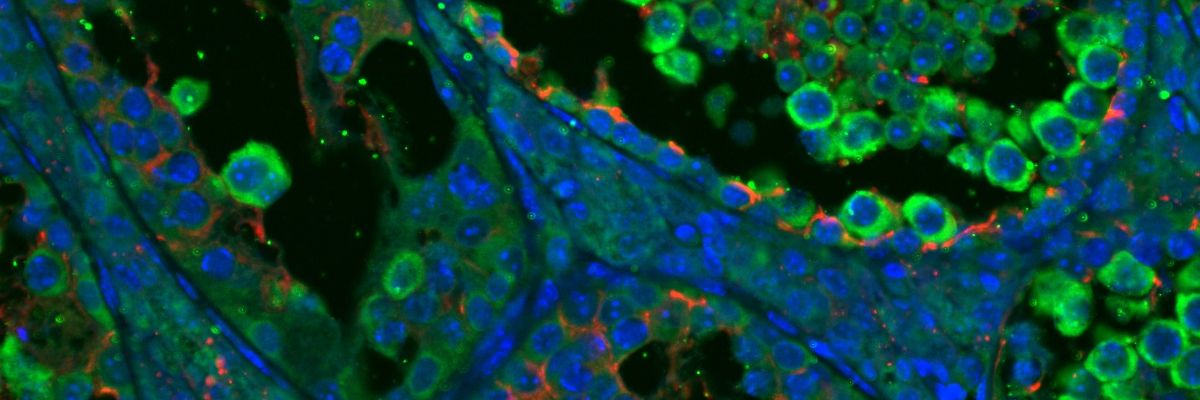
Diabetes influences the reproduction of mammals. Including humans
Diabetes influences the reproduction of mammals. Including humans
Wed Jan 03 15:46:00 CET 2018
Scientists from the BIOCEV Science and Research Centre in Vestec near Prague has endeavoured to answer the question of what the relation is between infertility and diabetes. And how this disease influences reproduction even in the subsequent generations.
Both diseases are so-called lifestyle diseases. From a global perspective, 370 million people suffer from diabetes and their number is rising. In the press, an epidemic of the third millennium is discussed. Over 15% of European couples of reproductive age have problems with conception of a child. The male factor accounts for over 60% in infertility. Infertility in men is caused by a wide range of factors – genetic and living environment, vascular disease but also metabolic illnesses. They include also diabetes mellitus.
“From long-term studies, we know that environmental factors can have a negative effect on reproductive parameters in male mice. We were interested in whether the diabetes environment could have a similar effect,” says Jana Pěknicová from the Laboratory of Reproductive Biology at the Institute of Biotechnology of the CAS – BIOCEV. “In collaboration with Gabriela Pavlínková from the Laboratory of Molecular Pathogenetics, who has for a long time dealt with research of the influence of diabetes on the embryo, we began to test the influence of diabetes on reproduction in a murine model,” adds Jana Pěknicová.
The collective of authors from both laboratories have discovered that the diabetic environment had a negative effect on a number of reproductive parameters in mice, primarily on the histological image of the testicles with a change of the structure of the ducts and the creation of sperm and on the concentration and quality of the sperm. These changes were also caused by a change in the expression of selected genes that are responsible for the creation of high-quality sperm.
However, the scientists were most surprised that in males diabetes showed specific changes that occurred in male reproductive organs and sperm even in subsequent generations. This intergenerational transmission indicates epigenetic changes in the reproductive organs and sperm. “Our results thus warn that it is necessary to improve metabolic health in reproductive age not only with women but also with potential fathers to try to lower the predisposition to diabetes and infertility also in the subsequent generations. In the next stage of our research, we will already focus on the male sperm of patients with diabetes, or their quality for successful reproduction,” adds Jana Pěknicová.
More information here.
Prepared by: Petr Solil, BIOCEV
Photo: BIOCEV
